Whether you are hosting Thanksgiving dinner this year, traveling to visit family, or participating in Friendsgiving, this holiday can be a fun, festive day to show gratitude. Although taking time off work and hosting guests may provide you a welcome break, changes in routine can stress out your pet, introducing several holiday-related risks. To help you ensure your pet remains safe during the holiday mayhem, our Mt. Horeb Animal Hospital team provides these tips to help you recognize—and avoid—a potential Thanksgiving pet emergency.
#1: Keep pets away from the Thanksgiving meal
Thanksgiving is all about the feast. However, these mouthwatering foods can be dangerous for your pet. Many holiday food items contain toxic ingredients or have too much fat for your pet to digest properly, which may lead to an emergency veterinary visit. While you should avoid feeding your pet any table food, the most dangerous items include:
- Toxic foods — Onions, garlic, grapes, and raisins can cause delayed-onset kidney failure, while chocolate causes potentially deadly stimulant effects.
- Baked goods — Many holiday baked goods contain xylitol (i.e., artificial sweetener), which can crash your pet’s blood sugar to a dangerously low level, and can also damage their liver. In addition, if your pet ingests raw yeast dough, they can develop bloat and alcohol intoxication.
- Fatty foods — High-fat foods, such as turkey skin, gravy, or butter, can shock your pet’s digestive system, causing pancreatitis—a painful, potentially life-threatening pancreatic inflammation. Pancreatitis causes fever, lethargy, belly pain, vomiting, diarrhea, and poor appetite, and could easily land your pet in the hospital.
- Bones — Cooked poultry bones can splinter and damage, perforate, or block your pet’s stomach or intestines, and require lifesaving emergency surgery.
If your pet consumes a toxic food or another questionable item, consult your veterinarian immediately, or contact the ASPCA’s Animal Poison Control Center or the Pet Poison Helpline.
#2: Prevent pets from developing garbage gut
If you successfully keep your pet away from the food preparation and the holiday meal, remain vigilant during cleanup. Food waste—with its interesting aromas—is incredibly attractive to pets, and they can get in real trouble if they nose around the trash, and eat turkey carcass parts, corncobs, paper products saturated with meat drippings, and other nonedible items that could cause an obstruction. Although you may stop your pet before they chow down on something that could cause a life-threatening condition, your furry pal will likely suffer gastrointestinal upset—garbage gut—that could make the entire Thanksgiving weekend upsetting for the whole family.
#3: Keep pets away from doors
With guests coming and going, an open door may tempt your pet to run away, whether the holiday chaos is causing them to panic, or they simply want to take a quiet jaunt around the block. Avoid the heartbreak of losing your pet, and monitor them closely when a door is open, or secure them in another house area when guests are arriving and leaving. If guests cause your pet anxiety, give your furry pal a safe place to retreat in solitude during the festivities.
#4: Ensure pets are properly identified
If your pet gets loose on Thanksgiving, you are more likely to be reunited if you have taken some precautions. Ensure your pet has a collar and identification tags, which can help neighbors quickly identify your lost pal. However, microchipping provides permanent identification that helps veterinary and animal welfare organizations identify your pet if they lose their collar. Your veterinarian can quickly place your pet’s microchip during an outpatient visit, and help you register your contact information.
#5: Forgo the pet-attracting floral decor
Pets want to investigate anything new you bring home, especially live plants and fresh flowers. However, many flowers and plants have varying toxicity levels, ranging from mild mouth irritation to kidney failure or death. Pets who like to chew foliage are especially at risk, but well-behaved pets can also be tempted to nibble a new plant, which can be toxic. Faux florals are a good alternative. If you believe real floral decor is the only acceptable Thanksgiving table centerpiece, check out the ASPCA’s list of toxic and non-toxic plants, to ensure your harvest bouquet is pet-safe.
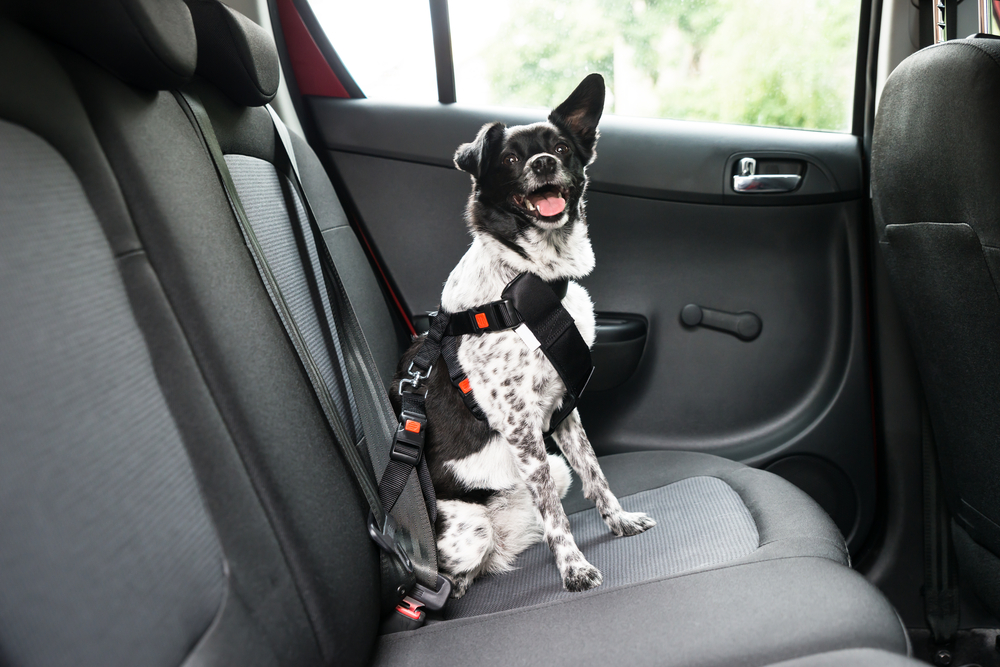
#6: Properly restrain pets during travel
If you and your pet will be taking a Thanksgiving road trip, ensure you properly restrain them in your vehicle. Unrestrained pets can distract the driver, or be thrown or trapped in an accident. Confine your small pet to a secure kennel in the back seat or cargo area—away from airbags. You can also try a pet car seat with a restraint belt. Using a harness and seat-belt adaptor, restrain your large pet in the vehicle’s back seat. Remember, your pet is always safest when they ride in the back seat.
#7: Get a pet health certificate if crossing state lines
If you are planning to travel with your pet across state lines, you should get their health certificate, and ensure you bring the document with you. Most states require a veterinarian to examine your pet within a specified time before your departure—usually 10 days—to document your furry travel companion’s overall health and vaccination status. In addition, your pet’s veterinarian can ensure your cat or dog is healthy enough to travel. If you are concerned your pet may experience travel-related anxiety, discuss this with your veterinarian during the pretravel exam. Your veterinarian may suggest you give your pet calming supplements or anti-anxiety medication.
Planning and preparation can help ensure your pet stays safe and enjoys the Thanksgiving celebration. However, if your mischievous pet has a holiday mishap, contact our Mt. Horeb Animal Hospital team, or visit a local emergency hospital for immediate assistance.


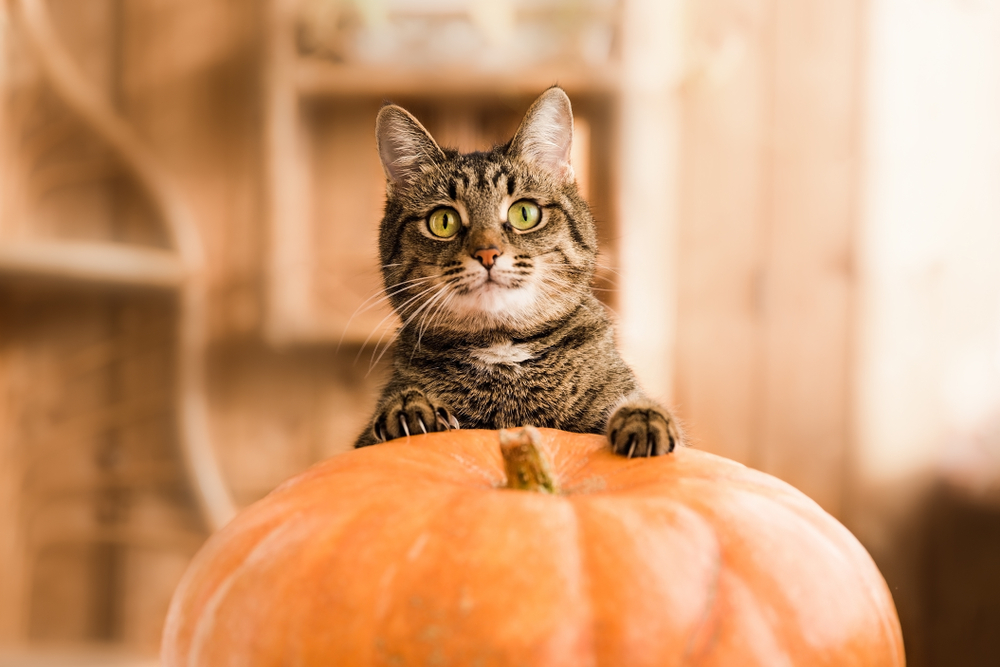
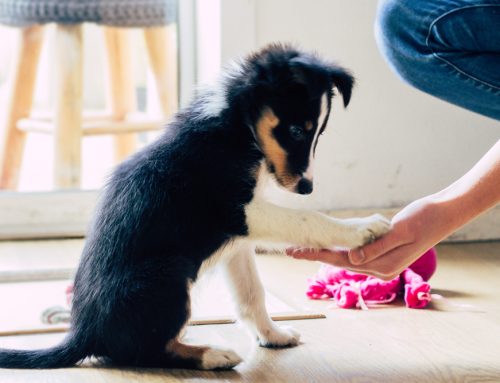
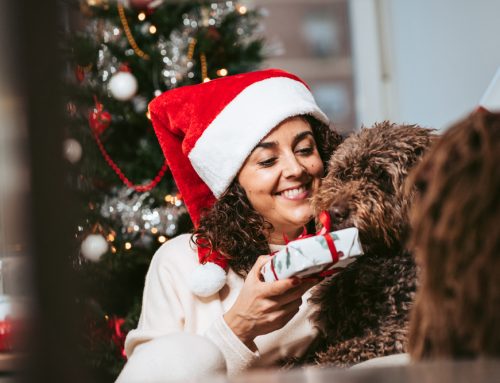
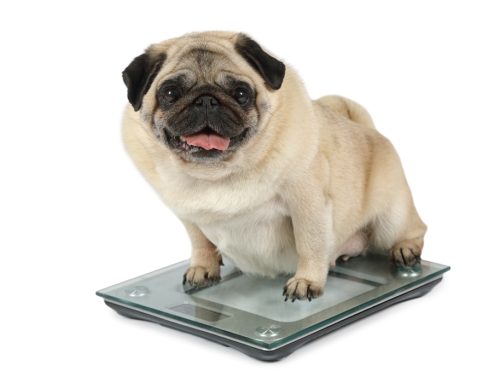
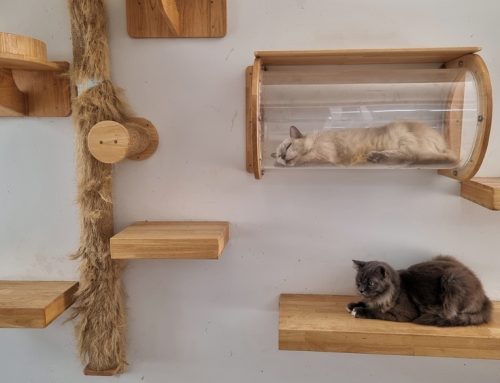
Leave A Comment